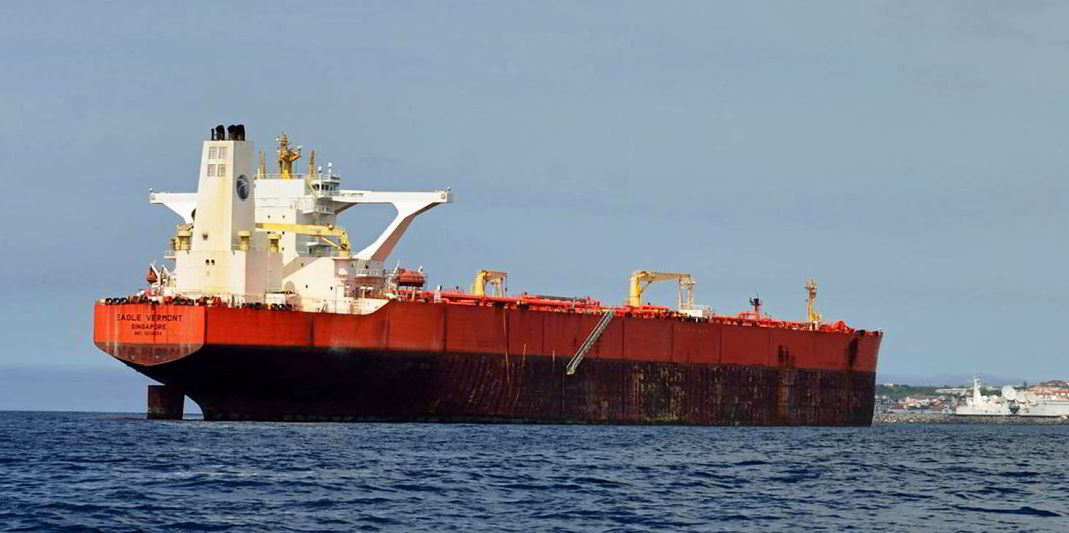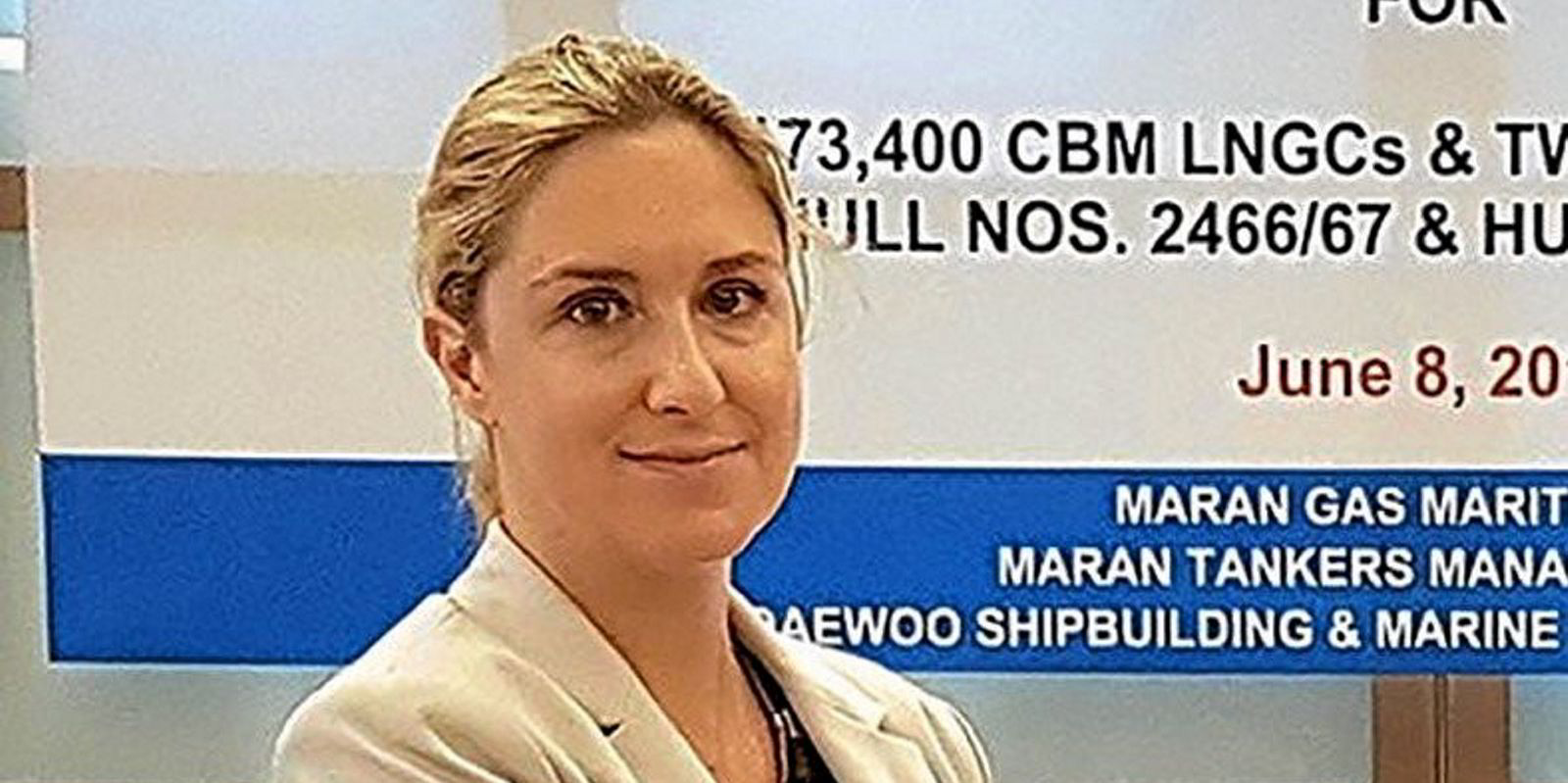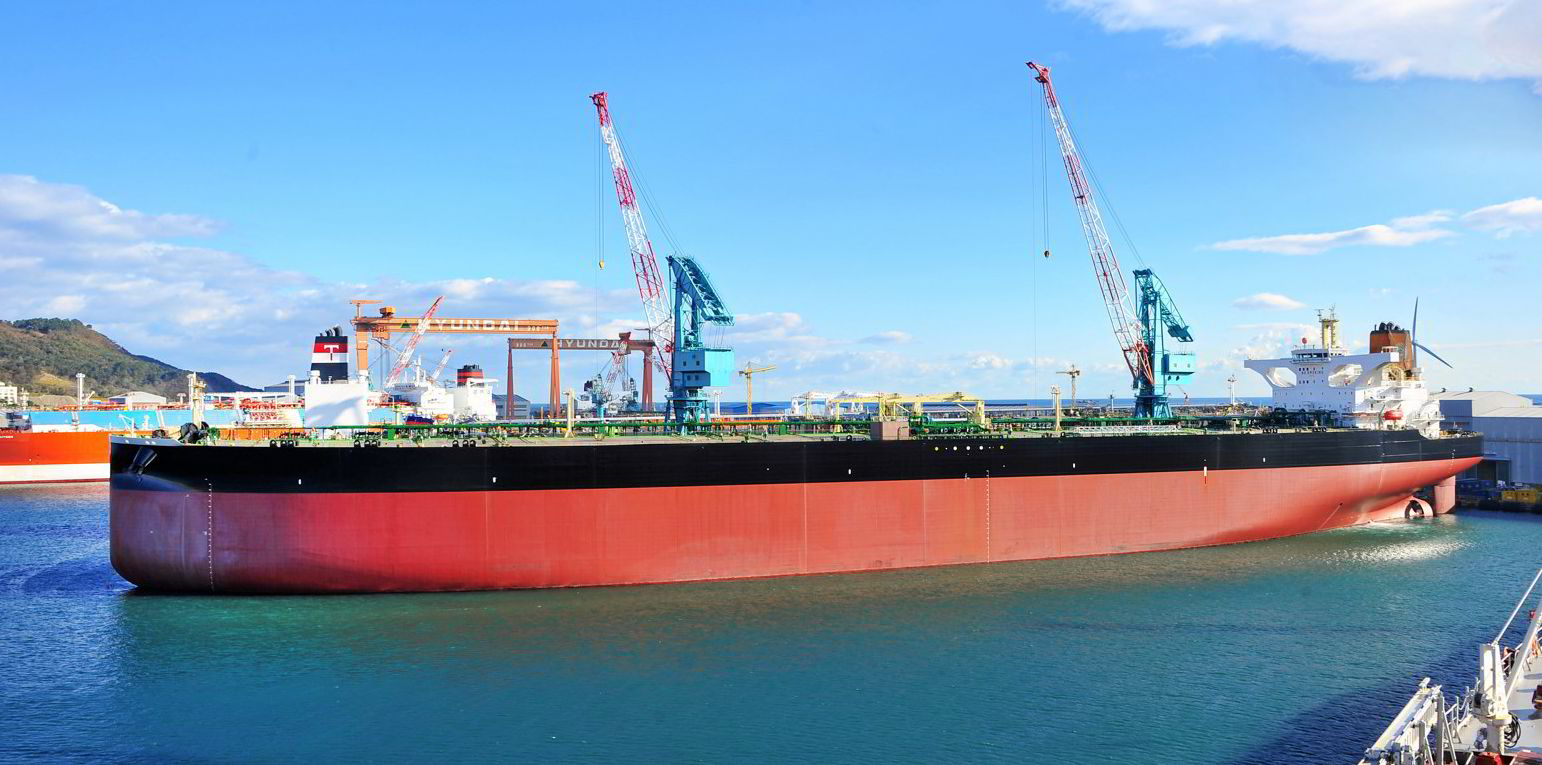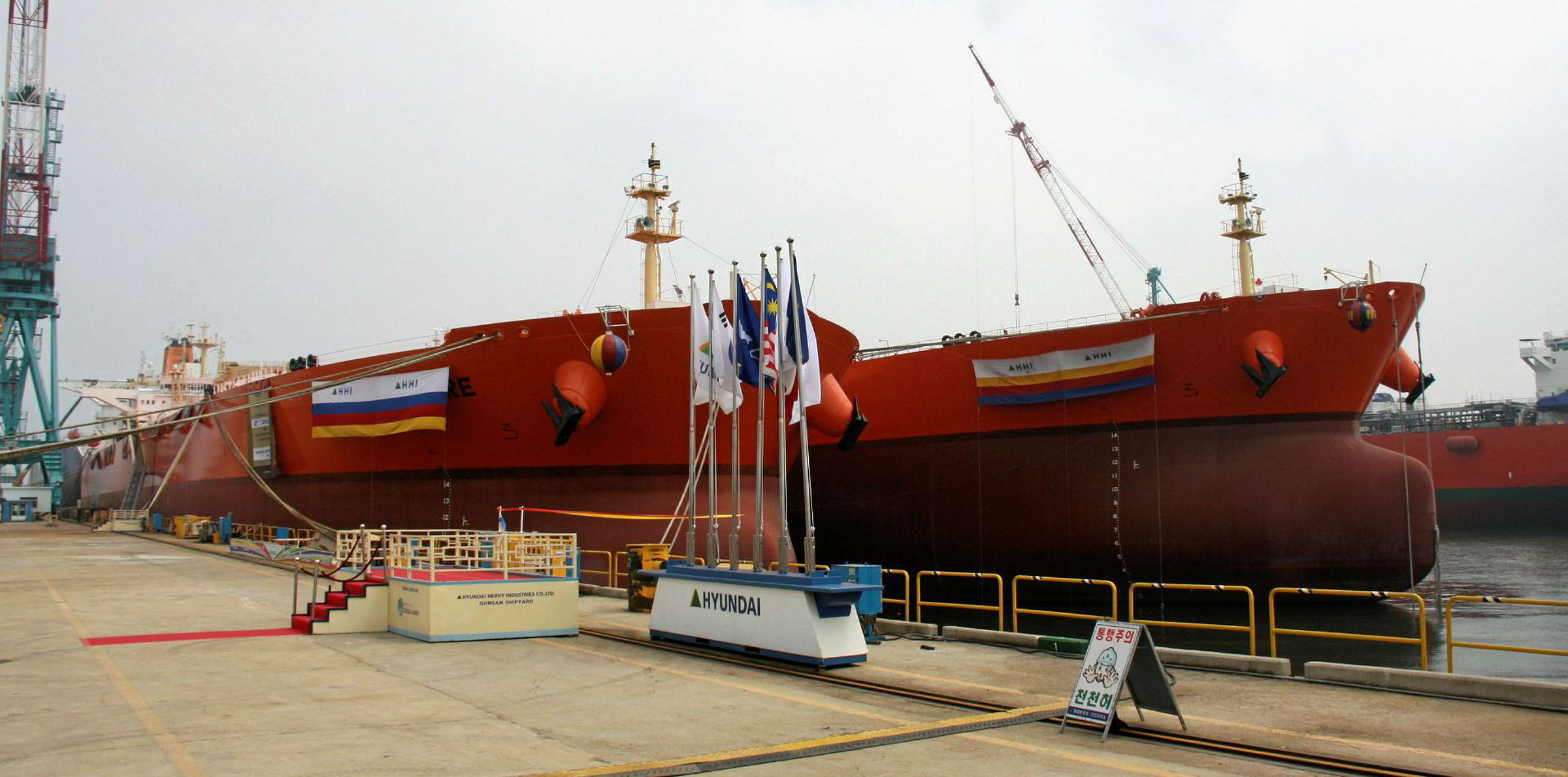Two VLCCs that have been on charter to Singapore-headquartered AET have reportedly been sold at a strong price.
Brokers said Chinese interests bought the 300,000-dwt Eagle Vermont and 307,000-dwt Eagle Virginia (both built 2002), which were the first and oldest VLCCs in AET's fleet, for $25m.
Details of the buyers are not yet known, and questions remain over the identity of the seller.
Former AET parent Neptune Orient Lines ordered the pair from Hyundai Heavy Industries for somewhere between $68m and $70m each in 2000.
AET, which had been a pure aframax player, said then the VLCCs could help widen its comprehensive services to key customers in the oil industry.
The company and its fleet were sold to MISC Berhad — whose main shareholder is Malaysian state energy major Petronas — in a $1bn deal in 2003.
Long-term charters
In 2011, Icon Capital bought the Eagle Vermont and Eagle Virginia for $72m and bareboat chartered them back to AET for 10 years.
The New York-based lessor said in a regulatory filing that the ships were sold to another company in 2016 but did not name the buyer.
Oaktree Capital Management is rumoured to have acquired the pair before selling them recently, but the US fund declined to comment on this matter.
Despite the change of ownership, the VLCCs have remained in AET’s fleet. The sales are thought to have been completed just ahead the expiry of charters.
When contacted by TradeWinds, AET confirmed they were chartered vessels but declined to comment further.
AET is now an operator of more than 70 crude, product and chemical tankers and offshore support vessels. Its total asset value reached $3.88bn as of end-2019, according to the latest available annual report.
Above-market prices
Some brokers said the two non-scrubber vessels were sold at high prices, considering the weak tanker market.
“It’s quite firm at $25m each,” one of them said.
VesselsValue estimates the Eagle Virginia is worth $22.6m and the Eagle Vermont is worth $23.5m.
Few believe the strong sales signal an upturn in tanker values, with freight earnings expected to be pressured by weak oil demand in the coming months.
“The price is unlikely to be indicative of the normal market,” Banchero Costa’s research head Ralph Leszczynski said. "I’m sure they were bought for storage or some other specific projects, not for normal spot trading."
Leszczynski added that the pace of oil demand recovery appeared slower than expected as the coronavirus pandemic continues to rampage.
“On the tanker front, the mood seems pretty pessimistic now," he said. “Every day brings more news about vaccine shortages, virus mutations, etc.”






